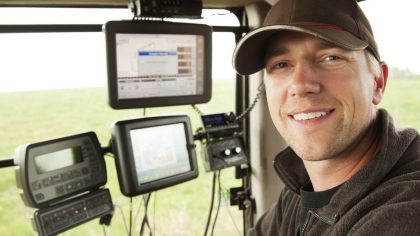News
Different eras come with technological innovations that define each generation, and ours is characterised by access to digital technology. In everyday life, at home, at work and even out in the streets, digital technology is revolutionising how we do things, and above all, how we interact with one another and our environment. Digital culture is increasingly found at the root of social and environmental matters.







